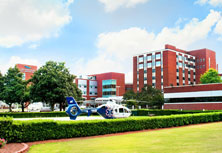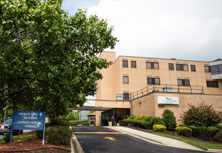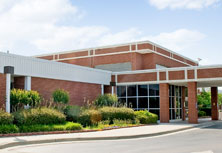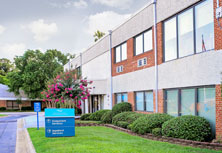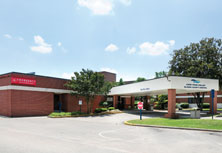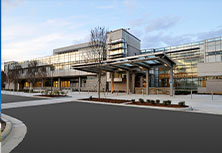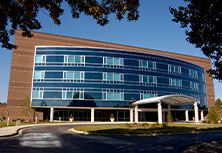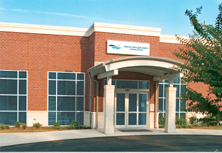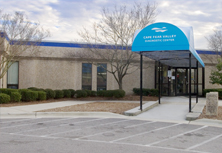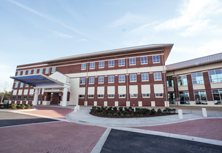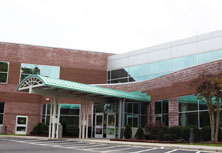Interstitial Cystitis
What is Interstitial Cystitis (IC) / Painful Bladder Syndrome (PBS)?
Interstitial cystitis (IC) is a condition that results in recurring discomfort or pain in the bladder and the surrounding pelvic region. The symptoms vary from case to case and even in the same individual. People may experience mild discomfort, pressure, tenderness, or intense pain in the bladder and pelvic area. Symptoms may include an urgent need to urinate (urgency), a frequent need to urinate (frequency), or a combination of these symptoms. Pain may change in intensity as the bladder fills with urine or as it empties. Women's symptoms often get worse during menstruation. They may sometimes experience pain with vaginal intercourse.
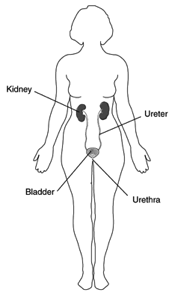
Because IC varies so much in symptoms and severity, most researchers believe that it is not one, but several diseases. In recent years, scientists have started to use the term painful bladder syndrome (PBS) to describe cases with painful urinary symptoms that may not meet the strictest definition of IC. The term IC / PBS includes all cases of urinary pain that can't be attributed to other causes, such as infection or urinary stones. The term interstitial cystitis, or IC, is used alone when describing cases that meet all of the IC criteria established by the National Institute of Diabetes and Digestive and Kidney Diseases (NIDDK).
In IC / PBS, the bladder wall may be irritated and become scarred or stiff. Glomerulations (pinpoint bleeding caused by recurrent irritation) often appear on the bladder wall. Hunner's ulcers are present in 10 percent of patients with IC. Some people with IC / PBS find that their bladders cannot hold much urine, which increases the frequency of urination. Frequency, however, is not always specifically related to bladder size; many people with severe frequency have normal bladder capacity. People with severe cases of IC / PBS may urinate as many as 60 times a day, including frequent nighttime urination (nocturia).
IC / PBS is far more common in women than in men. Of the estimated 1 million Americans with IC, up to 90 percent are women.
What causes IC?
Some of the symptoms of IC / PBS resemble those of bacterial infection, but medical tests reveal no organisms in the urine of patients with IC / PBS. Furthermore, patients with IC / PBS do not respond to antibiotic therapy. Researchers are working to understand the causes of IC / PBS and to find effective treatments.
In recent years, researchers have isolated a substance found almost exclusively in the urine of people with interstitial cystitis. They have named the substance antiproliferative factor, or APF, because it appears to block the normal growth of the cells that line the inside wall of the bladder. Researchers anticipate that learning more about APF will lead to a greater understanding of the causes of IC and to possible treatments.
Researchers are beginning to explore the possibility that heredity may play a part in some forms of IC. In a few cases, IC has affected a mother and a daughter or two sisters, but it does not commonly run in families.
How is IC / PBS diagnosed?
Because symptoms are similar to those of other disorders of the urinary bladder and because there is no definitive test to identify IC / PBS, doctors must rule out other treatable conditions before considering a diagnosis of IC / PBS. The most common of these diseases in both genders are urinary tract infections and bladder cancer. IC / PBS is not associated with an increased risk of developing cancer. In men, common diseases include chronic prostatitis or chronic pelvic pain syndrome.
The diagnosis of IC / PBS in the general population is based on
- presence of pain related to the bladder, usually accompanied by frequency and urgency.
- absence of other diseases that could cause the symptoms.
Diagnostic tests that help in ruling out other diseases include urinalysis, urine culture, cystoscopy, biopsy of the bladder wall, distention of the bladder under anesthesia, urine cytology, and laboratory examination of prostate secretions.
For information on theIC Support Groupcontact Anna Pierce at(910)485-3726.
